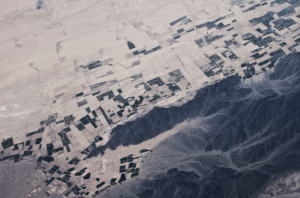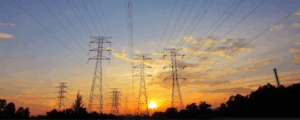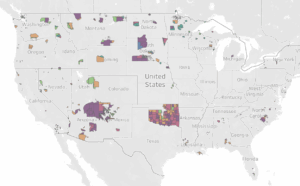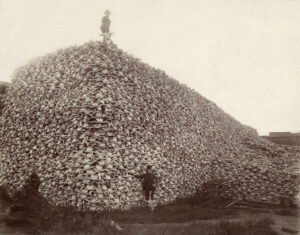The Native Lands Advocacy Project (NLAP) is thrilled to announce the launch of our Climate Data Portal for U.S. Native Lands! Developed with funding from the Native American Agriculture Fund, this portal is the result of our dedicated GIS team’s efforts to create & consolidate relevant climate-related data tools into one living resource. NLAP acknowledges the struggle that Native Nations face when accessing important tribal data, and this Portal was designed to…
bridge this gap by providing a centralized, comprehensive platform for climate-related data, specifically tailored to the unique needs of Native American Tribes.”
NLAP recently hosted a live webinar introducing the Climate Data Portal & walking through its structure for new users. If you’re interested in this 30 minute webinar, you can view the recording here. Otherwise, read on for more information about this new data portal!
Five Climate Themes: Air, Water, Earth, Fire, & Life
Structured to reflect the non-linear approach Native tribes take when approaching climate issues, this portal organizes data tools into five thematic categories. The video on the left shows these five categories in the interactive menu developed for the Portal’s homepage. The purpose of organizing the portal this way is to honor and emphasize the interconnected nature of climate systems, as well as the interdependent solutions required to adapt to our rapidly changing climate.
Each of the five categories hosts a collection of data tools (some tools appear in multiple categories when relevant). A description of the data topics & types of tools you can expect to find under each category are as follows:

Air


Water

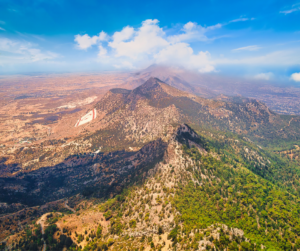
Earth

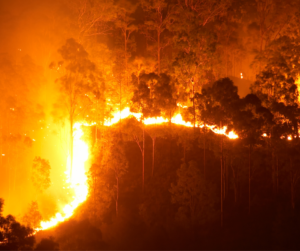
Fire

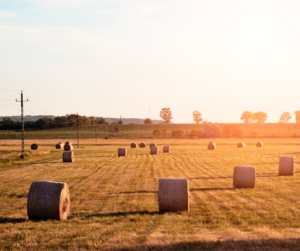
Life

If you’re interested in further information about the Climate Data Portal’s background, methodologies, the Tribal Climate Advisory Committee that steered the portal’s development, the importance of Tribal Ecological Knowledge, and more, view our Getting Started page. This page also contains an introductory video!
The Climate Portal also hosts a variety of additional resources, all geared towards aiding tribes and tribal organizations in their efforts to bolster their inherent sovereignty. Located at the bottom of the Portal’s main page is a series of subheadings that each host an array of tools (both created by NLAP and by external organizations) that are helpful for users seeking to expand their knowledge regarding climate issues and how they impact Native Nations.


